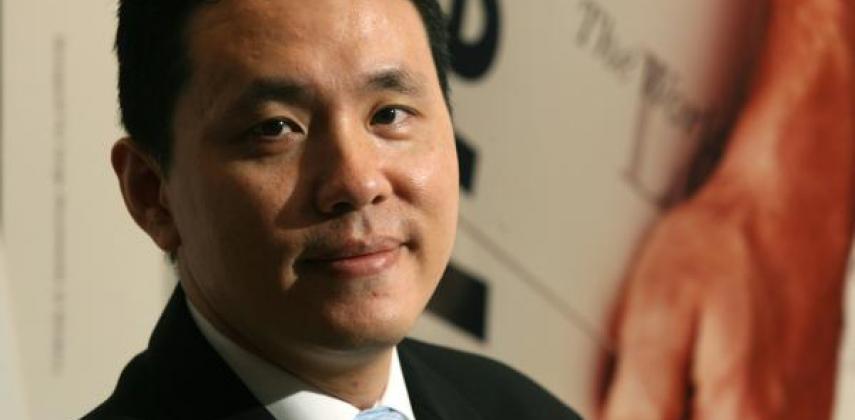FedEx Hong Kong has more than 200 vehicles hitting the road each day. Packages of different sizes are sorted on conveyor belts and loaded into vans and planes to be shipped around the world.
Thanks to the company's safety policies and a high level of employee awareness, on-the-job incidents are rare at FedEx, despite the level of activity involved in sorting and loading and the time staff spend on the road.
"We take care of our people" said Anthony Leung, managing director of FedEx for Hong Kong and Macau. "Our corporate philosophy is based on People-Service-Profit. When we talk about people, safety comes first." He said that since 1996, safety teams had been set up as part of the People-Service-Profit philosophy. The Hong Kong team consists of the manager of each of its eight city locations and a senior manager.
Its first task is to monitor working environments and practices to identify safety concerns. The team does a safety audit of each location every quarter, but Leung said it was important to monitor them more often.
"In addition to the quarterly audit, team representatives from each location are also committed to ensuring a safe working environment by reinforcing safety practices and communicating with employees on a daily basis," he said.
The team holds monthly meetings to discuss how to resolve issues emerging from the audit and other safety concerns. Their approach is guided by the FedEx global safety manual but when faced with new problems they also look to the best practices of other regional departments.
Leung said they also had to adapt worldwide safety policies to deal with specific challenges in Hong Kong.
"We have to be mindful of the unique physical environment that Hong Kong presents and take appropriate actions," he said. "The parking spaces available in Hong Kong tend to have lower ceilings, for example, so we placed height markers on our local vehicles. This allows our employees to park safely and precisely, even with the limited height and space available."
The company makes each of its different locations individually responsible for implementing safety policies and for budgeting for and purchasing needed equipment. This ensures that employees are directly involved in their own workplace safety.
"We want them to manage the measures proactively," Leung said. "They also know what they need. For example, couriers who deliver packages to the hospital know they need at least two or more surgical masks a day."
Many of the policies focus on increasing the capability of workers to minimise risks. Leung said when people are hired they are screened to ensure their skills meet certain safety standards. Candidates applying for jobs involving driving are sent to the Hong Kong School of Motoring to do a further driving test before they are hired.
New hires are then given 13 days of training, including safe practices related to their role. Employees with driving duties are sent on an in-house defensive driving course. Package-handling staff are shown how to correctly stack packages and to recognise dangerous packages.
Added to this, Leung said, were "check rides" where managers spent a day riding with couriers on their delivery duties. He said managers used this opportunity to ensure all staff were adhering to safe practices when driving and handling dangerous goods.
Leung said that alongside such training the company also offered rewards for good safety practices - with 5, 10 and 15- year awards for employees who had a "no accidents" record. "Rather than just have senior management telling staff what to do, we want to recognise and reinforce good practices as well," he said.
He said the company also focused on raising overall employee awareness about safety. They have invited people in from the labour department and the traffic police to speak to staff about different safety issues. During short pre-work briefings each morning, managers will also highlight certain considerations.
"These are just tips," Leung said. "Today, for example, there's such cloudy weather, our managers would probably remind employees to turn on their headlights."
Leung said that this year the company also started an initiative called "safety Tuesday" where once a week specific procedures and advice were given to employees.
FedEx Hong Kong also recently had a safety poster campaign, inviting the employees' families to design posters promoting safety. "When they see the poster designed by their kids at the station, they link safety to their family" he said. "This is quite effective."
Taking care
- Special safety teams allow the company to monitor workplaces and focus on employee safety.
- Employees receive extensive safety training, including an in-house defensive driving course and instruction on safe package handling.
- Rewards for employees who have a 'no accident' record serve to recognise and reinforce good practices.
- Pre-work briefings and a poster campaign raise staff awareness of safety issues.


